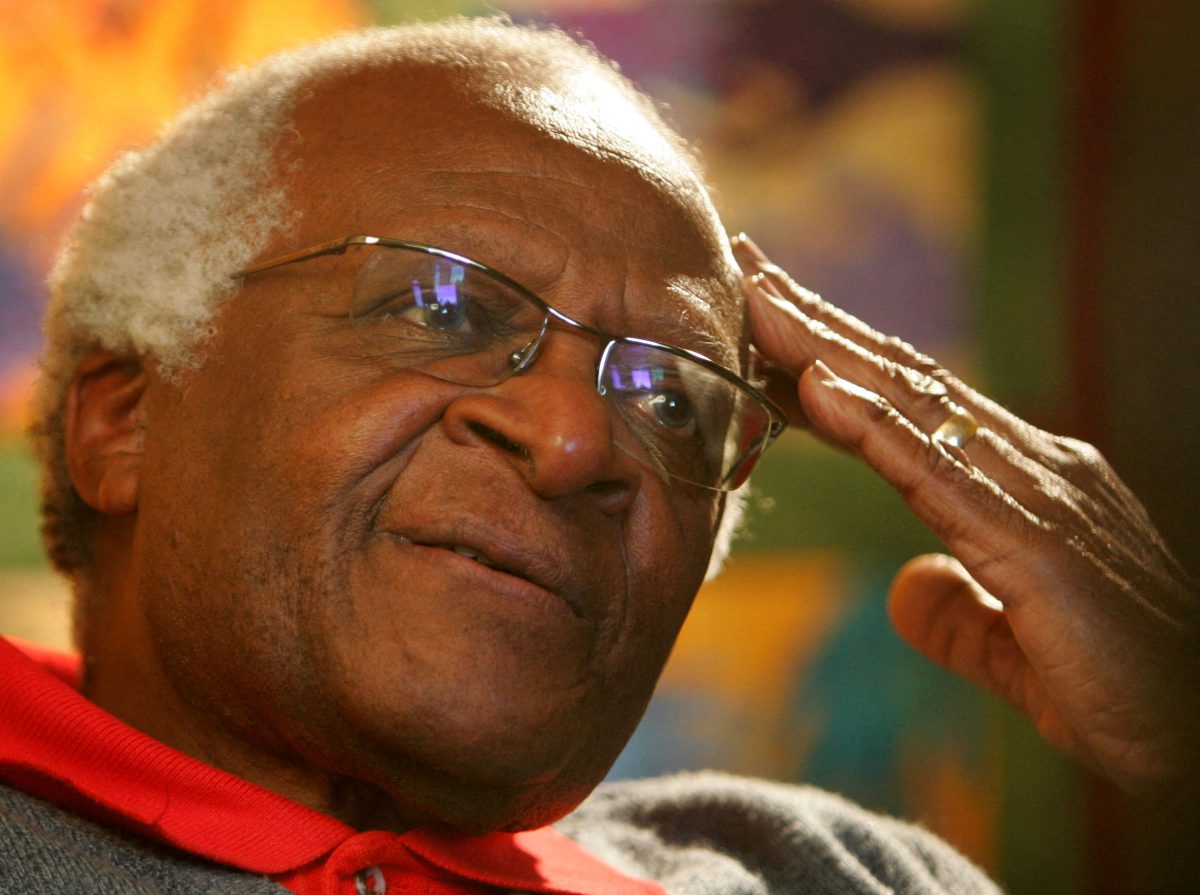
With a cheerful demeanor and strong mentality, many loved and adored Desmond Tutu.
The South African cleric was diagnosed with prostate cancer in the late 1990s and since has been hospitalized many times to treat it.
Although, the Presidency hasn’t declared the cause of his death.
He acted as one of the driving forces behind the movement to end the prevailing racial segregation and discrimination enforced by the white minority government against the black majority in South Africa from 1948 until 1991.
The veteran activist of South Africa was a contemporary anti-apartheid icon, Nelson Mandela.
A glimpse in Desmond Tutu’s life
He held a strong vision and personality even in the racist era of South Africa.
Theologically, it sought to fuse ideas from black theology with African theology.
He was appointed as a priest in 1960, and he went on to serve as bishop of Lesotho from 1976-78. He then served as assistant bishop of Johannesburg and rector of a parish in Soweto.
After that, he was the first black African to hold the position of the Bishop of Johannesburg from 1985 to 1986 and then the Archbishop of Cape Town from 1986 to 1996.
Using his high-profile role, he spoke out against the oppression of black people in his home country, adding that his motives were religious and not political.
He headed the Truth and Reconciliation Commission set up by Mandela to investigate crimes committed by whites and blacks during the apartheid era.
He was also critical of the government in the post-apartheid era.
He was awarded the Nobel prize in 1984 for his role in the struggle to abolish the apartheid system.
Political leaders mourn his death
President Cyril Ramaphosa marked Archbishop Tutu’s death stating, “Another chapter of bereavement in our nation’s farewell to a generation of outstanding South Africans”.
“He had helped bequeath a liberated South Africa,” he added.
President Ramaphosa further spoke said Tutu was “a patriot without equal; a leader of principle and pragmatism who gave meaning to the biblical insight that faith without works is dead”.
“A man of extraordinary intellect, integrity, and invincibility against the forces of apartheid, he was also tender and vulnerable in his compassion for those who had suffered oppression, injustice and violence under apartheid, and oppressed and downtrodden people around the world.”
Boris Johnson tweeted about the unfortunate event, “I am deeply saddened to hear of the death of Archbishop Desmond Tutu.
He was a critical figure in the fight against apartheid and the struggle to create a new South Africa – and will be remembered for his spiritual leadership and irrepressible good humor.”

